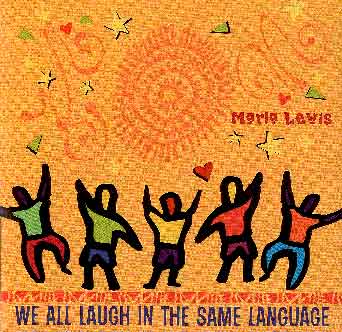deep learning
These websites look at deep learningDavid Warlick on Shallow Standards/Deep Learning: "Our students must leave school able to make themselves experts and able to teach themselves, becoming learners and relearners. Our current model does not do this."
Posted by gsiemens at January 24, 2006 08:48 PM Learning About Facilitation
What is Facilitation?
Very simply put, facilitation is helping a group to accomplish its goals. There are a wide range of perspectives about the ideal nature and values of facilitation, much as there are a wide range of perspectives about the ideal nature and values of leadership. For example, some facilitators may believe that facilitation should always be highly democratic in nature and that anything other than democratic is not facilitation at all. Others may believe that facilitation can be quite directive, particularly depending on the particular stage of development of the group.
Whatever one's beliefs about the best nature of facilitation, the practice usually is best carried out by someone who has strong knowledge and skills regarding group dynamics and processes -- these are often referred to as process skills. Effective facilitation might also involve strong knowledge and skills about the particular topic or content that the group is addressing in order to reach its goals -- these are often referred to as content skills. The argument about how much "process versus content" skills are required by facilitators in certain applications is a very constructive argument that has gone on for years.
How Can I Learn About Facilitation?
When gaining an introduction to facilitation, the reader might best be served to:
1. Read articles referenced from the section Group Dynamics
2. Then read articles referenced from the section "Some Basic Guidelines and Principles About Facilitation"
3. Then refine your knowledge about various types of groups by reading articles referenced from the section Related Library Links.
4. You can deepen and enrich your learning by reflecting on your facilitation experiences, including by sharing feedback with other facilitators. Consider joining any of the National Organizations That Include Focus on Facilitation
5. Also consider joining an on-line discussion group, such asTeamNeTor IAF Group Facilitation Moderated Discussion Group.
6. Ultimately, the best way to really learn facilitation is to facilitate -- start simple, but start. Regularly reflect on your experiences as you grow and learn. ,
http://www.managementhelp.org/grp_skll/facltate/facltate.htm










